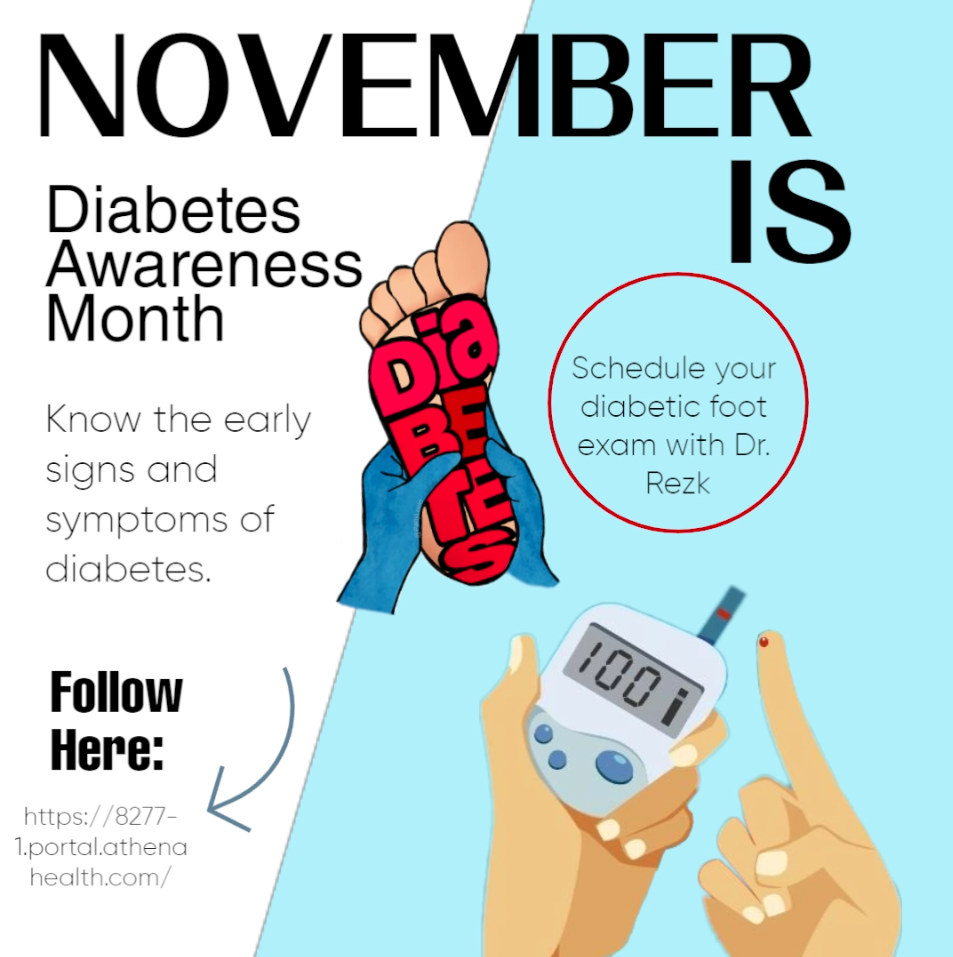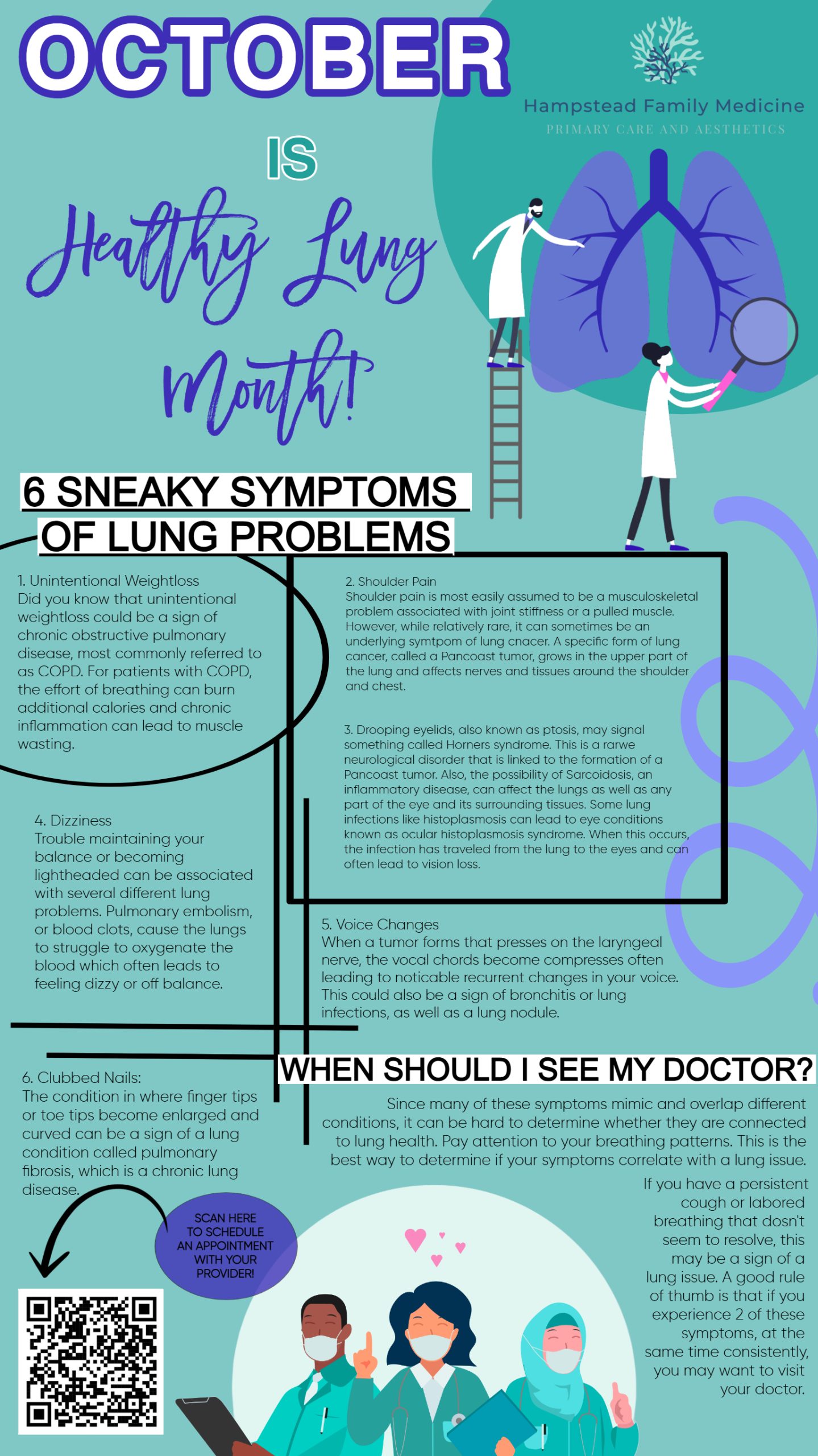April is Alcohol Awareness Month

“How Much Should I Drink?”
It’s a question many ask, but what’s the right answer? The quick and dirty: everyone is different. Certain conditions prohibit folks from having any alcohol whatsoever, such as liver disease or cirrhosis of the liver. Even certain medications you take make alcohol of any amount unsafe, like blood thinners or sedatives. If you’re taking any prescription medications, be sure to check with your healthcare provider to determine if there would be any cross-reactivity. Special considerations aside, here are definitions for high-risk drinking:
- Women: more than 7 drinks in a week, or more than 3 drinks at one time.
- Men: more than 14 drinks in a week, or more than 4 drinks at one time.
What does high-risk drinking mean?
It’s no secret that alcohol is a drug, with serious effects on the body. The longer you use it, and the more you consume it, the higher risk it’ll have negative effects, such as:
- Dependence: it’s a risk with any drug, but particularly worrisome with alcohol. The more one consumes, the more the body gets used to having that chemical in its system. After becoming accustomed to it, the body doesn’t know how to function the same way, if it suddenly doesn’t have alcohol.
- High blood pressure: A high number of Americans already struggle with high blood pressure, and excessive alcohol intake is a common trigger of it.
- Liver disease: The liver is responsible for breaking down alcohol, so it makes sense that we can overwhelm it the more we drink. Damage can be done to the cells within the liver and stop them from working. This is how diseases like cirrhosis (scarring) of the liver can occur, often leading to liver failure. Since we need our liver to live, if it fails, we can only survive at most a day or two before receiving a transplant.
- Heart disease: Clogging the blood vessels that feed our heart is the process behind heart disease, also known as coronary artery disease (CAD). Alcohol can make these blood vessels become inflamed, block blood flow from getting to our heart muscle, and lead to events like heart attacks or even heart failure.
- Neurological impairments: Many of the desired effects of alcohol occur in the brain. The euphoria and lack of anxiety many experience after consuming alcohol are what encourage folks to drink alcohol. But what many don’t know, is high-risk drinking can cause permanent damage to brain cells. Sometimes these effects are reversible, and the symptoms are limited (i.e. a “hangover”). But with continued exposure to alcohol, the brain can become permanently damaged, where people may suffer permanent amnesia, speech impairment, or movement disturbances.
So… can I drink?
Once again, everyone is different. Special conditions aside, light alcohol use in moderation can be safe. If you have concerns regarding alcohol, or whether your health conditions may put you at higher risk for negative effects, be sure to have a discussion with your healthcare provider.






